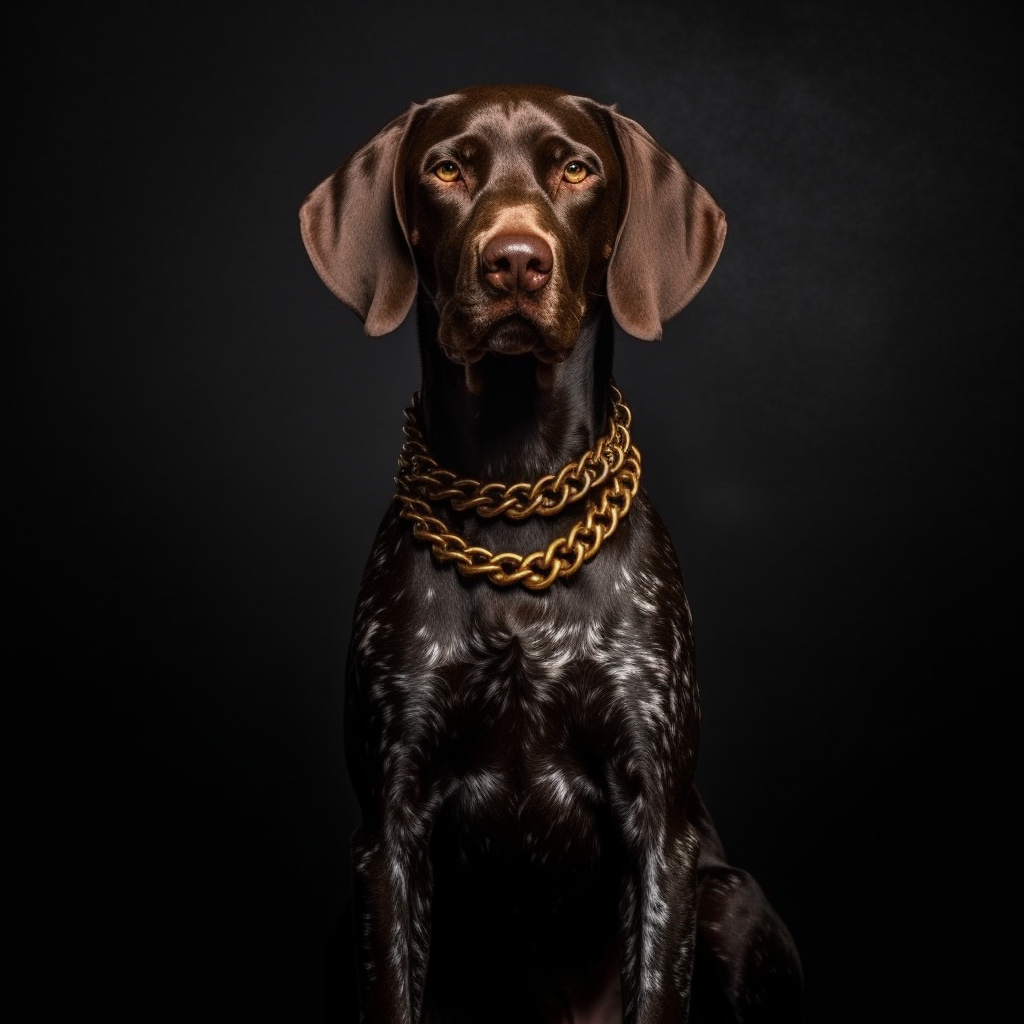Why Your Dog Doesn’t Need A Toothbrush: Debunking the Myth

Introduction: Unraveling the Truth About Dog Dental Care
Are you worried about your dog’s dental hygiene? Many pet owners assume that their dogs need regular brushing to maintain healthy teeth and gums. However, the truth may surprise you. Contrary to popular belief, dogs don't necessarily require a toothbrush to maintain proper oral health. In this article, we will dive into the reasons why your dog doesn't need a toothbrush and explore alternative methods to ensure their dental well-being. Let's debunk this common myth and find out what truly matters for your canine companion!
Why Your Dog Doesn't Need a Toothbrush: Unveiling the Truth
Taking care of your dog's dental health is undoubtedly crucial, but using a toothbrush may not be as essential as you think. Here's why:
Dogs have an innate tendency to chew. This behavior serves multiple purposes, one of which is maintaining dental health. Chewing on appropriate items, such as raw bones or dental chews made of real ligaments and cartilage, helps remove plaque and tartar buildup. It acts as a natural toothbrush, scrubbing away debris and promoting healthy gums. So, instead of relying solely on a toothbrush, encourage your dog's chewing instincts with appropriate chew toys.
Believe it or not, your dog's diet plays a significant role in their oral health. Feeding them a high-quality, balanced diet can help prevent dental issues. Bones and dried meat, organs, and cartilage can act as an abrasive, keeping their mouth clean and free from plaque buildup. Additionally, maintaining a diet rich in organs, meats, and free from sugar, flours, and starches is critical to their oral health.
Regular visits to your veterinarian are also good for your dog's health, including their dental care. During these checkups, your vet will thoroughly examine your dog's teeth and gums, checking for any signs of dental disease or abnormalities. Although it's always recommended to prioritize a natural, ancestrally appropriate diet: Whole Prey, Nose-to-Tail.
While a toothbrush may not be a necessity for your dog's dental hygiene, there are several alternative methods and products available to help keep their teeth clean: Natural Chews, Bones, Dried Cartilage, Whole dried fish (like Mackerel), and other natural prey-based food sources.
Remember, always consult your veterinarian before introducing any new dental care products into your dog's routine.
FAQs About Dog Dental Care
FAQ 1: Is brushing a dog's teeth necessary?
No, brushing a dog's teeth is not absolutely necessary. Dogs have natural ways to maintain their dental health, such as chewing on appropriate items and following a balanced diet. However, regular veterinary checkups and incorporating alternative oral hygiene methods are crucial to ensure their overall oral well-being.
FAQ 2: Can I use human toothpaste for my dog?
No, you should never use human toothpaste for your dog. Human toothpaste contains ingredients that are toxic to dogs, particularly fluoride.
FAQ 3: How often should I have my dog's teeth professionally cleaned?
The frequency of professional teeth cleaning for dogs can vary depending on various factors, including their breed, age, overall dental health, and individual needs. Generally, if you allow your dog to eat a whole-prey, animal based diet with plenty of cartilage and bones, you may never have to go this route.
FAQ 4: What are the signs of dental problems in dogs?
Some common signs of dental problems in dogs include:
- Bad breath (halitosis)
- Yellow or brown discoloration on teeth
- Excessive drooling
- Swollen or bleeding gums
- Loss of appetite or difficulty eating
- Pawing at the mouth
- Behavioral changes, such as increased irritability
If you notice any of these signs, it's essential to consult your veterinarian for a thorough dental examination.
FAQ 5: Can dental issues in dogs lead to other health problems?
Yes, dental issues in dogs can potentially lead to other health problems. Untreated dental problems can cause pain, infections, and inflammation in the mouth, which can affect the overall health of your dog. Additionally, bacteria from dental infections can enter the bloodstream and potentially impact vital organs, such as the heart, liver, and kidneys.
FAQ 6: How can I help prevent dental problems in my dog?
To help prevent dental problems in your dog, you can:
- Provide appropriate chew toys or dental chews to promote chewing and plaque removal.
- Feed a balanced and high-quality diet filled with whole-prey meats and organs.
- Regularly check your dog's teeth and gums for any signs of issues.
- Schedule routine veterinary checkups, including dental examinations.
By incorporating these preventive measures, you can significantly contribute to your dog's dental well-being.
Conclusion: A Healthy Smile without the Toothbrush
Contrary to popular belief, your dog doesn't necessarily need a toothbrush to maintain good oral health. While regular brushing can be beneficial in some cases, it is not the first solution. Instead, focusing on their natural chewing instincts, providing a balanced diet, regular veterinary checkups, and incorporating alternative oral hygiene methods can ensure your canine has a healthy smile without the need for a toothbrush. Remember, consult your veterinarian for personalized guidance on maintaining your dog's dental well-being.



Comments